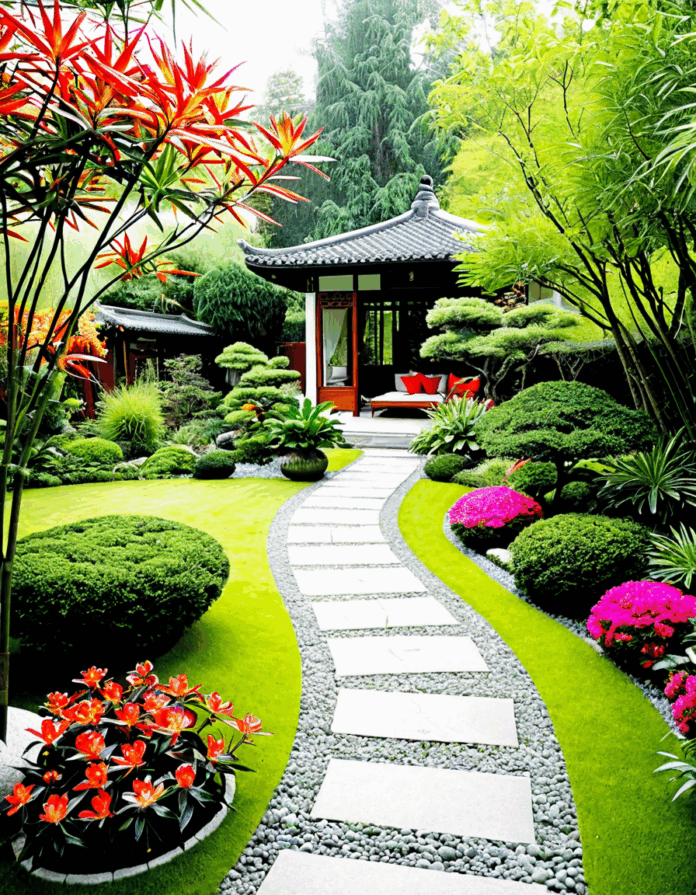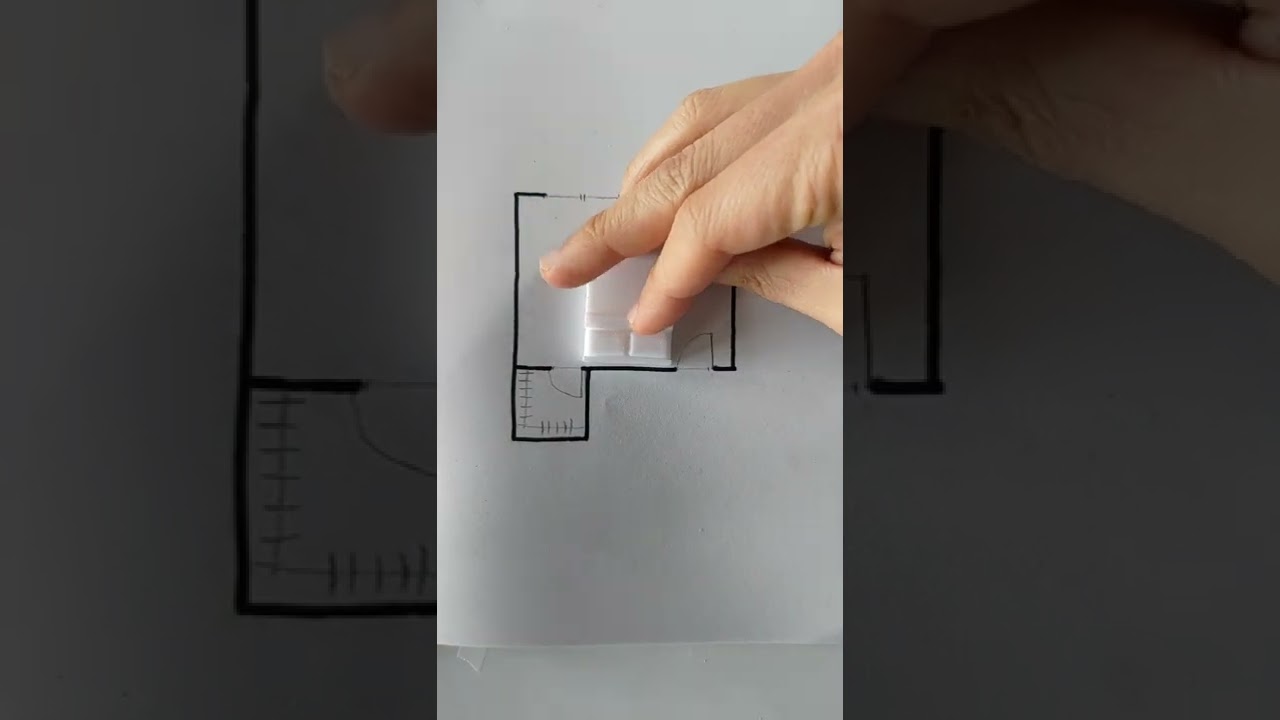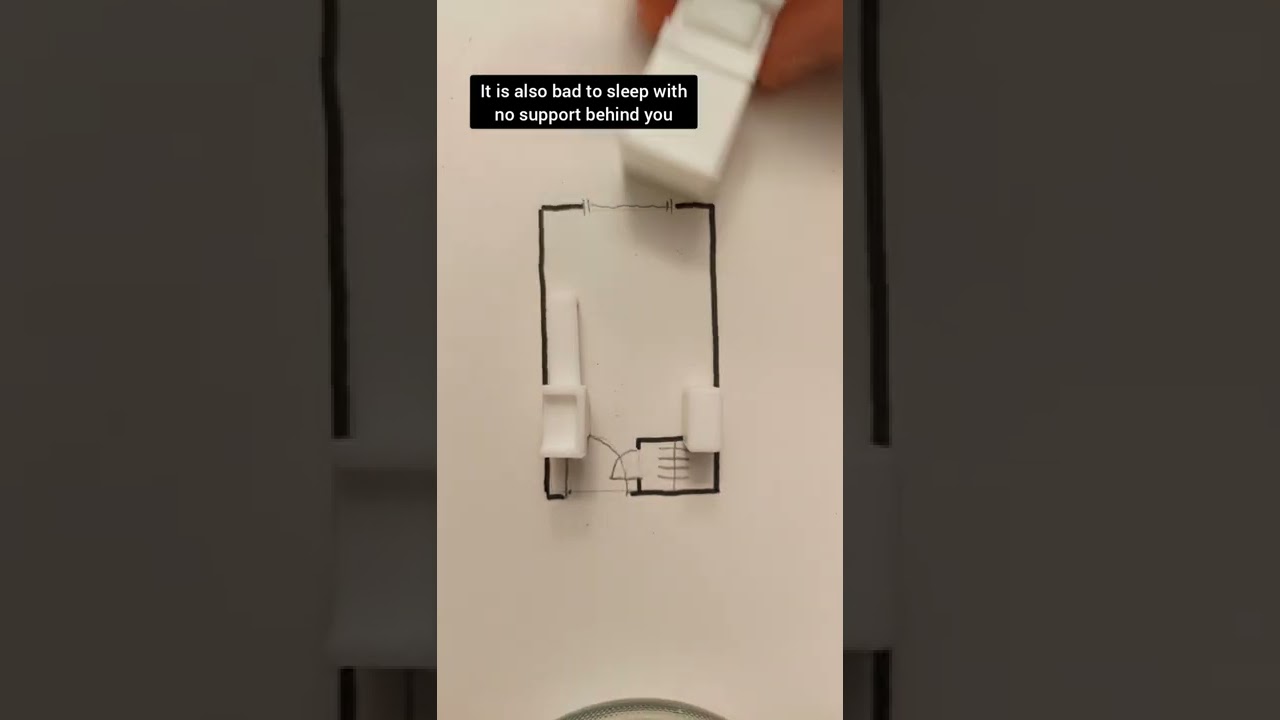Creating a harmonious living space isn’t just about aesthetics; it also involves how the environment makes you feel. Feng Shui and its principles, rooted in ancient Chinese philosophy, target this balance between individuals and their surroundings. By understanding and applying these concepts, you can transform your home into a peaceful haven. Let’s dive into the fundamental ideas of Feng Shui, practical tips for implementing them, and how these practices can enhance your overall well-being.
1. Understanding Feng Shui: The Principles Behind Designating Space
Feng Shui revolves around the concept of Qi (pronounced “chee”), often referred to as life force or energy. By optimizing flow, you ensure your environment supports positive experiences. One critical aspect is the Five Element theory, which consists of Wood, Fire, Earth, Metal, and Water. Each element represents different energies and should be in balance for optimal harmony.
Moreover, Yin and Yang, the opposites that coexist in everyday life, play a pivotal role in Feng Shui. Yin embodies passivity and tranquility, while Yang signifies activity and dynamism. Striking a balance between these energies in your space helps to keep emotional and physical stress at bay. Overall, Feng Shui and these core principles help create an environment where you can thrive.
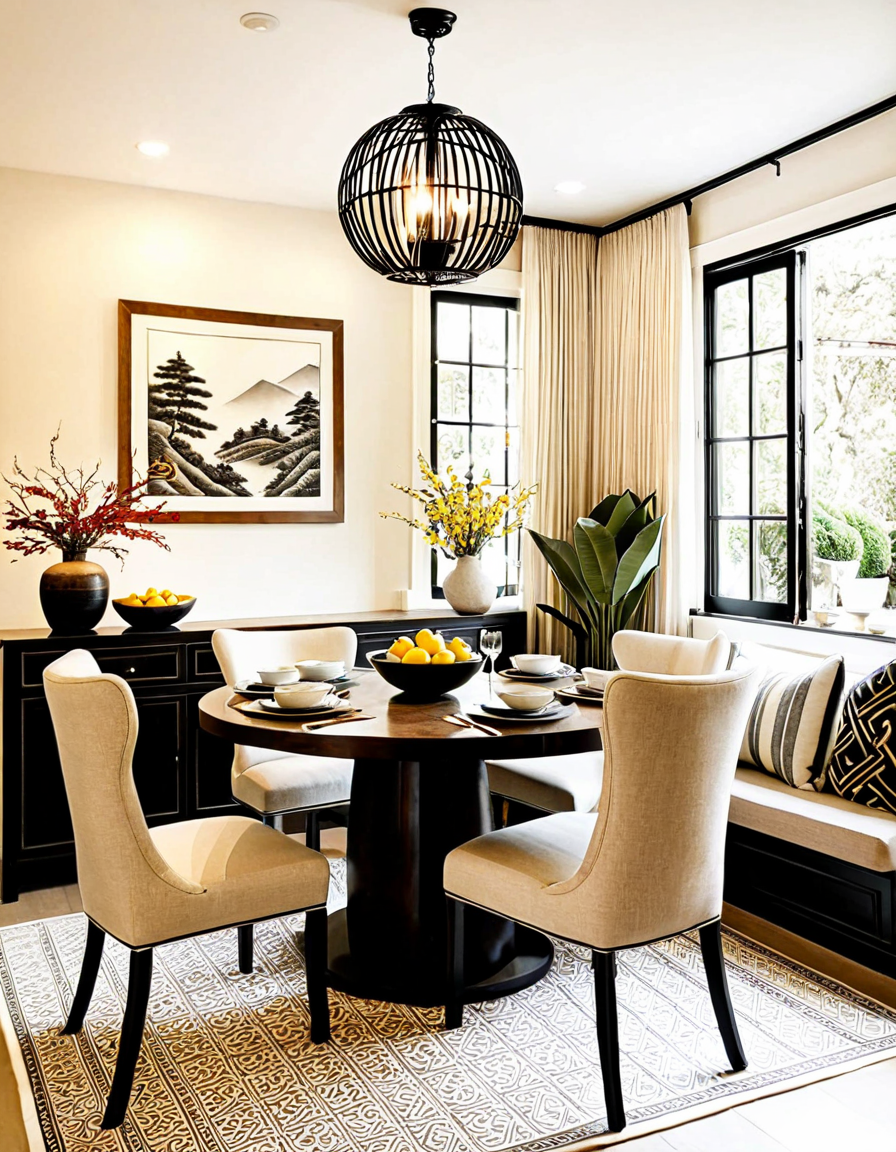
2. Top 7 Feng Shui Tips for Harmonizing Your Home
Transforming your home into a sanctuary of peace starts with some simple, actionable tips. Here’s how you can harmonize your space for positive energy:
3. Feng Shui and the Importance of Room Functionality
Each area of your home serves a unique purpose, and Feng Shui emphasizes optimizing that functionality while considering energy flow. For instance, a home office should inspire creativity and productivity. Opt for a workspace with uplifting colors like yellows and greens to stimulate innovation.
The living room, often the heart of the home, should promote warmth and hospitality. Arrange seating in a circular layout to encourage conversation and connection among family and friends. Don’t forget to introduce meaningful decor items that resonate with your personality.
Furthermore, using multifunctional spaces can maximize harmony. Open floor plans can blend rooms while keeping Qi flowing smoothly. Understanding Feng Shui and room functionality allows you to create a home that aligns with your lifestyle and emotional needs.

4. Feng Shui Bedroom Essentials for a Restorative Atmosphere
Your bedroom is more than just a place to sleep; it’s where you recharge. A restful atmosphere is key to a good night’s sleep. Stick to soothing colors like blues and soft earthy tones that promote relaxation. Brands like Brooklinen provide high-quality bedding that not only feels luxurious but also complements your space aesthetically.
Keep your bedroom free from electronics. These devices can disrupt energy flow and sleep patterns, making it harder to unwind at the end of the day. Instead, swap out nightstand clutter with calming items, perhaps a calming book or essential oils.
Lastly, consider your bed’s placement. Ensure it’s positioned for a clear line of sight to the door while allowing you to feel safe. This small adjustment can significantly enhance your sleep quality and harmony in your bedroom.
5. Analyzing the Impact of Feng Shui on Wellbeing
Research shows that engaging with your living space through Feng Shui concepts can lead to better mental and emotional health. A study conducted by the University of California indicated that individuals who practiced Feng Shui principles reported lower stress levels and heightened satisfaction in their environments.
Transforming your home using Feng Shui creates a positive feedback loop, where your feelings about your space improve, leading to a more joyful life. Feng Shui and its focus on energy enhance not just your home’s ambiance, but also your overall mindset and emotional well-being.
6. Innovative Ways to Incorporate Feng Shui in Modern Living
Bringing Feng Shui principles into contemporary homes doesn’t have to be traditional. With the growth of smart home technology, you can now prioritize Qi flow. For instance, smart lighting systems allow you to adjust ambiance effortlessly.
Consider online consultations with Feng Shui experts to locate energy blockages in your house. Some companies offer virtual Feng Shui services, making it easy to integrate ancient wisdom into your modern lifestyle. Even if you’re not in a renovation phase, just small adjustments like rearranging furniture or changing decor can make a world of difference.
Get creative! Use apps that simulate different layouts or color schemes. Using technology alongside traditional Feng Shui can provide a comprehensive approach towards achieving harmony in your home.
Embrace Feng Shui and its timeless strategies to elevate your spaces and enrich your life. Understand the principles, implement practical tips, and recognize how your environment influences you. With just a few changes, you can create a home that nurtures your body, mind, and spirit while enhancing your well-being.
So, let’s get started on your journey to a harmonious haven. Whether you’re looking to buy a new home in areas like Cripple Creek , Colorado or browsing through Craigslist in Daytona Beach, remember that the energy of your living space can profoundly shape your experiences.
Stay tuned for the latest real estate news and more insights, as you take the leap into the world of Feng Shui!
Feng Shui and Fun Trivia: Harmonizing Your Space
The Rich History of Feng Shui
Did you know that feng shui dates back over 3,000 years? This ancient Chinese practice isn’t just about arranging furniture; it’s a thrilling blend of art and science aimed at creating harmony between individuals and their environments. Much like the nostalgic charm of the Buckwheat Little Rascals character who always found his way back home, feng shui guides you in creating a space that feels just right. The idea is to use the flow of energy, or “qi, to promote balance and positivity in your dwelling. If you’ve ever noticed how certain spaces feel welcoming, there’s a chance feng shui principles were at play!
Elements of Nature in Feng Shui
Interestingly, feng shui puts a huge emphasis on the five elements: wood, fire, earth, metal, and water. Each of these elements represents different aspects of life and can work in concert to create a vibrant, harmonious home. Much like picking the perfect Nintendo Switch bundle for your gaming setup, the harmony achieved through these elements can transform your home into a sanctuary. Want a vibrant living room? Incorporate some bright colors from nature’s palette or even use an “avocado mattress” to promote restful energy in your bedroom.
Practical Tips to Enhance Your Home
Incorporating feng shui into your home doesn’t have to be overwhelming. Start with simple adjustments—as easy as choosing the right décor could make a world of difference! For instance, decluttering your space can drastically improve the flow of energy. If it’s your Country Road that leads you home, then envision what little changes can turn that road into a joyful journey. When arranging furniture, aim for open pathways and balance, positioning pieces so they invite conversation and warmth. Think of it as a way to create a cozy nook, where you’ll always want to kick back and unwind.
Feng shui and its principles offer a delightful adventure in transforming your home for tranquility and joy. So, grab those books, explore tips and tricks that work for you, and let the harmony flow!
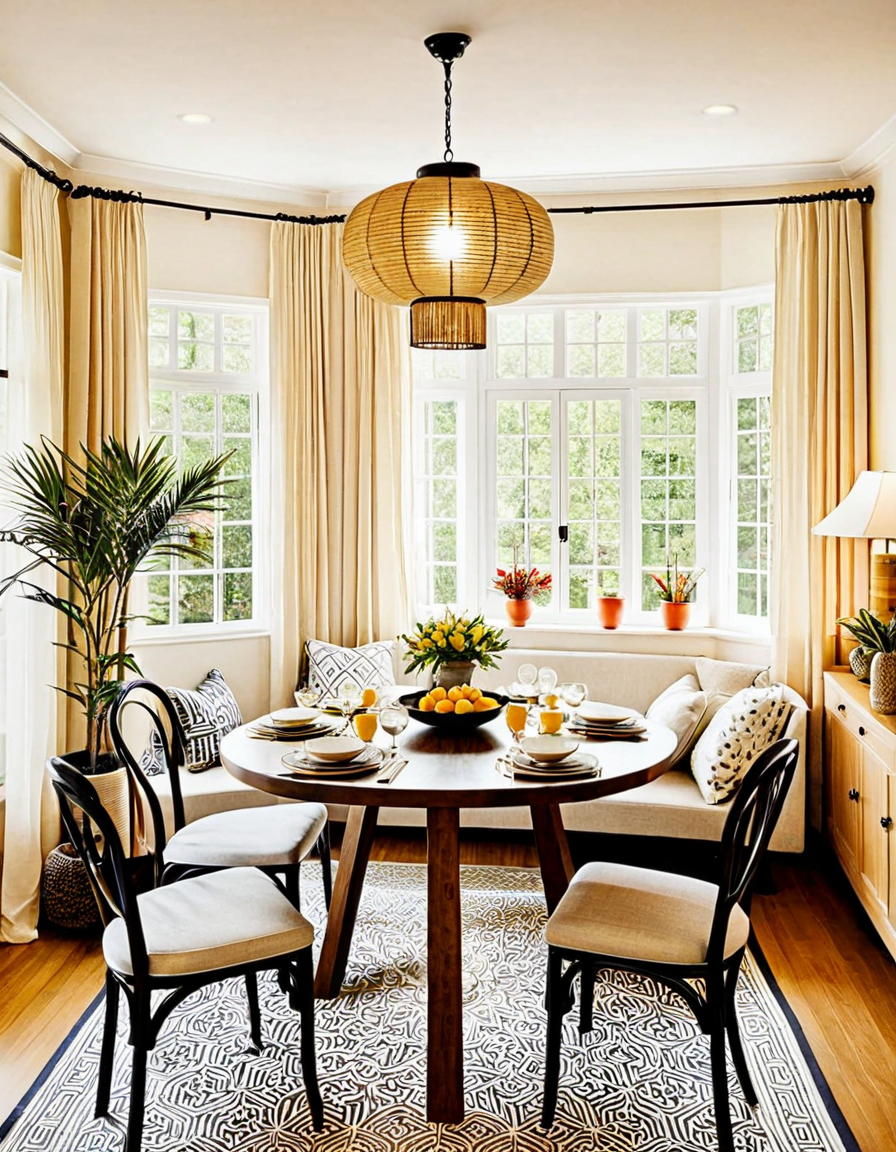
What is the difference between Feng Shui and yin and yang?
Feng Shui focuses on arranging your environment to promote harmony and energy flow, while yin and yang represent the balance of opposites in nature, meaning they relate but are not the same.
What are the 5 elements of Feng Shui?
The five elements of Feng Shui are wood, fire, earth, metal, and water. Each element has its own unique qualities and influences, and they work together to create balance and harmony.
Do and don’ts in Feng Shui?
When practicing Feng Shui, some do’s include decluttering spaces and enhancing natural light, while don’ts include placing sharp objects or clutter near entrances, as they can block energy flow.
What is the meaning of Feng Shui and Vastu?
Feng Shui means “wind” and “water,” which symbolizes the connection between nature’s elements and human experiences. Vastu, on the other hand, is more focused on specific architectural guidelines based on directional alignments and cosmic principles.
Which is more powerful, Yin or yang?
Neither yin nor yang is inherently more powerful; instead, they represent complementary forces that need to be in balance for harmony in life.
What does Feng Shui literally mean?
Feng Shui literally means “wind” and “water,” reflecting the philosophy that the natural environment has a significant impact on one’s wellbeing and success.
What is the rule of 3 in feng shui?
The rule of 3 in Feng Shui suggests that using three of something can create a balanced and harmonious effect, helping to enhance energy flow in a space.
What colors should be avoided in feng shui?
Colors like black, dark brown, or grey can be avoided in Feng Shui, as they are thought to bring about negative energy or a heavy atmosphere.
What color attracts money in feng shui?
Green is a popular color that attracts money in Feng Shui, as it symbolizes growth, abundance, and prosperity.
Why is water in the bedroom bad in feng shui?
Water in the bedroom is considered bad in Feng Shui because it can represent emotional instability and promote nighttime restlessness or even relationship issues.
What is the first rule of feng shui?
The first rule of Feng Shui is to create a clutter-free environment, as clutter blocks the flow of positive energy and can lead to stress and imbalance in life.
Is feng shui real or fake?
Feng Shui is often seen as a practical guide rather than a religion, focusing more on energy flow and spatial arrangements than spiritual beliefs.
What is the difference between Feng Shui and Wabi-Sabi?
The Indian version of Feng Shui is known as Vastu Shastra, which outlines how the built environment should correspond with the surrounding natural elements.
Is Feng Shui religious?
Yang is typically associated with white, representing brightness, light, and positivity, while yin corresponds to black or darker shades.
What is the Indian version of Feng Shui?
Yin is related to the left side of the body, which represents receptivity and calmness, while yang relates to the right side and symbolizes action and energy.
Is yang black or white?
Yang is generally seen as more positive due to its association with light, activity, and warmth, while yin is more about calmness and inward energy.
Which side of your body is yin and yang?
Even numbers are associated with yin, reflecting balance and tranquility, while odd numbers are linked to yang, symbolizing movement and dynamism.

